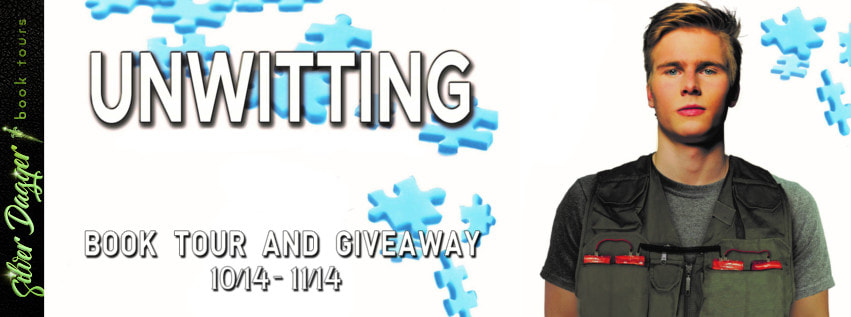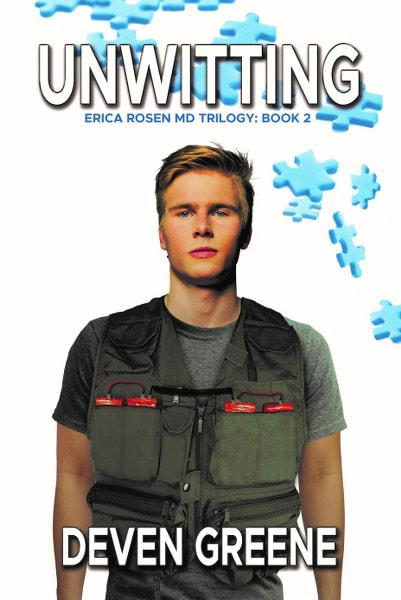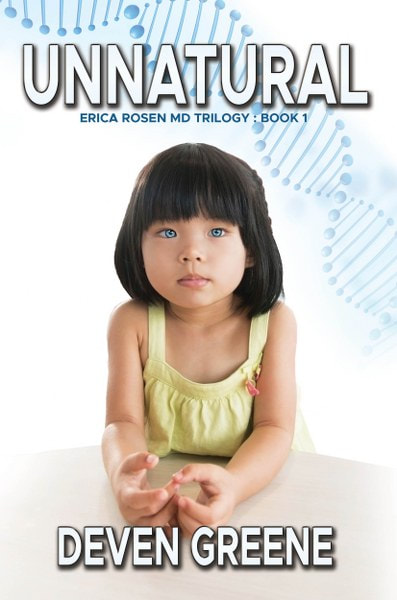I remember that afternoon in August, the first time I saw the video of people walking slowly, talking, and laughing, as they entered San Francisco’s Oracle Park baseball stadium. Then a fiery flash. I’ll never forget the slender arm, a silver bracelet around the wrist, flying through the smoke and debris. This was followed by images of dead bodies, bloodied people crying, some being comforted, some comforting others. My assistant, Martha, showed it to me on her cell phone when I was in between patients in the pediatrics clinic at UCSF, where I am director. Martha dabbed tears from her eyes as I watched.
Looking around, I noticed other doctors and staff studying their cell phones. Over the next few minutes, people spoke in hushed tones, put away their phones, then peeled away to finish the day’s work.
I called Lim, my husband of two months, to make sure he was okay, even though he was at work miles away from the disaster. Then I called my best friend, Daisy Wong. I knew she wasn’t a baseball fan, and the probability of her being at the game was close to zero, but during times of danger, one’s mind can imagine all sorts of improbabilities. I was glad when she answered her phone and assured me she’d been home all day as usual, remotely working at her job as a computer programmer.
For the remainder of the day, the clinic atmosphere was subdued as gloom settled in the hallways, work areas, and exam rooms, stamping out the usual noisy cheerfulness exuded by the staff. When I’d finally seen my last patient, instead of catching up on paperwork as was my custom, I looked forward to spending a quiet night at home, finding solace with my new husband. After all, the explosion had taken place at the Willie Mays Gate of Oracle Park, only a few blocks from our third-floor condominium. Lim and I had chosen our unit in the new, modern building for its view of the San Francisco Bay, proximity to interesting shops and restaurants, and relatively low crime rate.
That evening, upon entering my building, I was doubly glad that a passcode was required to open the main door. Although that didn’t ensure complete security, it gave me a modicum of peace of mind. In the lobby, a neighbor told me one of the residents, a young man I knew only enough to smile at and greet should our paths cross, had been injured in the blast. Fortunately he’d suffered only a laceration on his arm from flying debris and was expected to make a full recovery. As I took the stairs up to my unit, I imagined the horror he must have felt in the moments following the explosion. Although his arm would probably heal, I wondered if his psyche ever would.
For the rest of the evening, Lim and I were glued to the TV news as we commiserated over the disaster that had taken place in our neighborhood, thankful we had escaped unscathed. Like most others, we assumed that, like 9/11, it was the work of Islamic terrorists and awaited the announcement by a group proudly claiming responsibility.
*
I was glad that even though the event took place close to my home, I wasn’t directly affected. Nevertheless, I was nervous walking around my neighborhood and had become a bit obsessed, constantly scrolling through the news on my phone, looking for updates about the bombing. Although I knew people who knew people who were killed, I didn’t personally know anyone who had suffered serious physical harm from the explosion. A few days after the incident, I’d spoken to my neighbor who had been injured and sensed he was deeply disturbed, much more so than he let on. Six days after the bombing, that was the extent of my thoughts about the subject. Until I received a phone call from Brandy Monroe.
Unnatural Excerpt 1
“Hello, Ms. Chen,” I said consulting the clipboard. “I’m Dr. Rosen.”
I gazed around the familiar room with torn posters of SpongeBob SquarePants, The Little Mermaid, and Minions. The two adult-size chairs were empty. An attractive, thin young Asian woman with short hair sat in one of the little chairs, a small child on her lap, with its face buried in her chest. The child had straight shoulder length shiny black hair.
Damn. Martha didn’t get the kid stripped down to her underwear. Only took her shoes and socks off.
The woman seemed nervous, unable to speak for a few seconds. When she finally spoke, it was with a heavy Chinese accent. “This Wang Shu, Doctor. I Ting, his mother.”
“Pleased to meet you,” I said, happy my roommate, Daisy, had exposed me to her parents and their heavy Mandarin accents countless times. Over the years, I had developed an ear for understanding their speech.
“Hello, Wang Shu,” I said in my winning pediatrician’s voice, smiling. “How are you today?”
The child didn’t move. “He shy,” Ting said.
Knowing Asians pronounce “he” and “she” the same in their native tongue, the inappropriate gender reference didn’t surprise me.
“I understand you’re here today to have Wang Shu’s kindergarten physical form filled out.”
“Shi. Yes.” Ting reached into her purse and handed me a two-page form, folded in thirds.
I took a moment to examine the form. It looked familiar, resembling many I had filled out previously. I sat facing the computer and checked the EHR. Other than the patient’s name, age, address, and mother’s name, her chart was blank. It wasn’t unusual to have patients with no medical insurance. “Has Wang Shu had her vaccinations?” I asked.
“Shi, yes. Everything. He have very good medical care. The best.”
“I’m glad to hear that. Do you have some documentation?”
Ting looked at me blankly.
“Papers that list her vaccinations.”
“We come from China. He get them there. I not have papers, but I know he get everything. Very excellent medical care.”
“Wang Shu doesn’t start school for over a month. Can you have the information sent to you?”
“No. Not possible.”
“You must have shown documentation when you moved here. How long have you been in this country?”
“Two month.”
“You speak English very well for someone who’s been here such a short time.”
“I study hard.”
“Since it was only two months ago, you must still have the documentation of vaccination you showed to pass the health inspection when you came here.”
“I not find it.”
“If you don’t get the documentation, we’ll need to revaccinate her. Without proof of vaccines, she can’t go to school.”
“Oh. He no like more vaccine. But no choice.”
This woman seemed intelligent, clearly educated enough to speak English and know about vaccines. But something didn’t seem right. “I have to ask you this,” I said in a gentle tone so as not to alarm her. “Did you enter the US illegally?”
Ting burst into tears.
I grabbed a tissue and handed it to her. “It’s okay. You can tell me. I won’t report you. But if you came here illegally, I’m going to insist that Wang Shu also have a TB test.”
“Okay, we not legal, but I know he not have TB,” Ting said, her tears now a slow trickle. “He very healthy, never around people with TB.”
“She still needs the test. I can’t put other children at risk.”
“No, no,” Ting said, still sniffling. “He have BCG vaccine.”
The BCG vaccine is given to protect people from TB in countries like China that have a high incidence of the disease. When a TB skin test is given to people who have had a BCG vaccine, the test is often falsely positive. I turned to the child.
“Now, Wang Shu, I have to examine you,” I said, wondering if the child understood a word I was saying. “Don’t worry, it won’t hurt.”
I got up from my seat at the computer, picked up Wang Shu and placed her on the exam table. For the first time, her tiny face was exposed as she looked straight at me. Black hair cut into short, straight bangs across her forehead. Light olive skin. Typical Asian features, with a small nose and epicanthal folds in upper eyelids. I almost gasped. Light blue eyes. What I was seeing was not possible.
I have many “peeves.” Nowadays, I’d say my top pet peeves are related to the telephone.
Pet peeve number one is phone trees. I hate them! I would pay more for a service that didn’t put customers through phone tree hell. Unfortunately, I haven’t seen that option. I do my best to find workarounds, like pretending I have a rotary phone or opening a chat session and demanding to speak to a real person.
Number two is junk calls. These range from offering to sell me something I don’t want, to trying to scare me into paying money I don’t owe, such as back taxes or court fees. I haven’t been hit up yet to bail out a relative or friend from a Mexican jail, but I’m prepared. If someone I know is arrested in Mexico, I hope they have the sense not to call me for help.
Not only am I peeved at the con artists making these calls, I am also annoyed with people who are duped by them. If it weren’t for the few gullible people out there, there’d be no money in this, and these low lifes would stop calling all the time. On the other hand, these criminals would figure out another way to make money, and I might be the victim. So . . . I hope nobody loses much, but perhaps I should be thankful there are suckers out there keeping the predators away from the rest of us.
Meanwhile, I’m still waiting for my millions of dollars from that Nigerian prince . . .
The first novel I wrote, BlueSlim, is unpublished. I would like to change that after I publish the third book of the Erica Rosen MD Trilogy. BlueSlim is a story about a phenomenal weight loss product that really works. To understand how it works, the reader needs to learn a little (and I mean just a little) biochemistry. I studied biochemistry (I have a Ph.D.) and hope the reader will find the information interesting.
Given the obsession many people in developed countries have about their weight, the treatment in BlueSlim would be in high demand. After all, you can’t be too rich or too thin, right? I don’t want to give too much away, but crimes are committed in pursuit of the big bucks that await anyone who develops the holy grail of weight loss.
When I finished writing BlueSlim, I couldn’t find a publisher to take it. Not wanting to self-publish, I moved on to the Erica Rosen MD Trilogy. I hope that I will have more success finding a publisher for this book in the future, having published the trilogy. If not, I just may decide to self-publish. I know many authors are satisfied having full control of their works through self-publishing, and I may feel the same.










Comments
Post a Comment